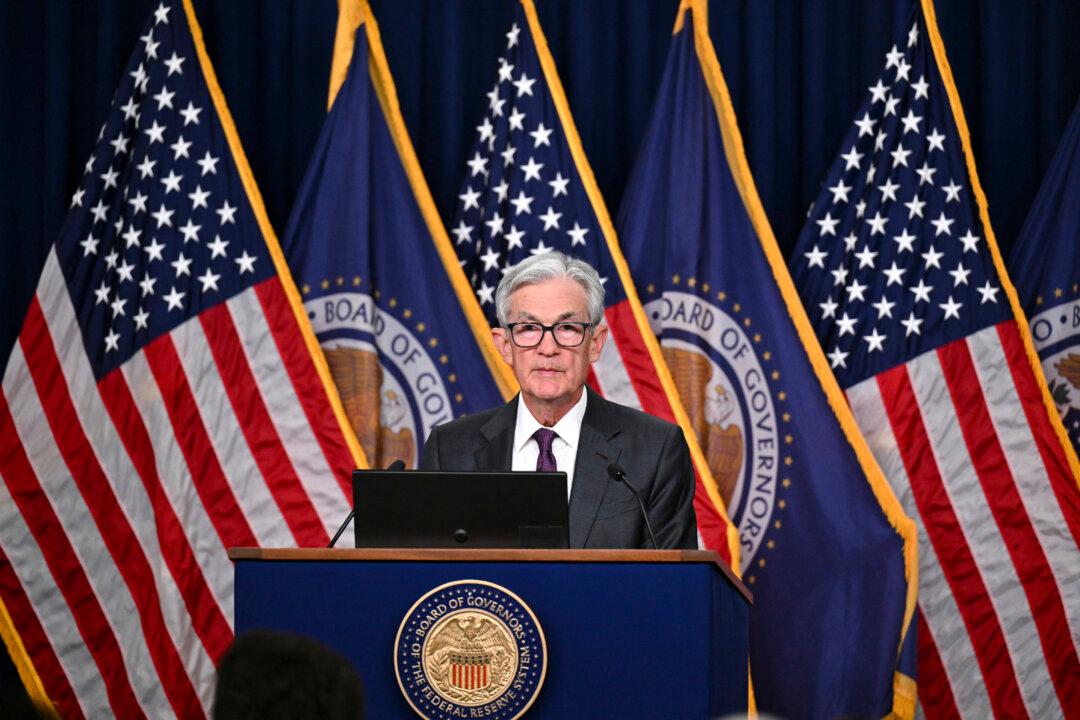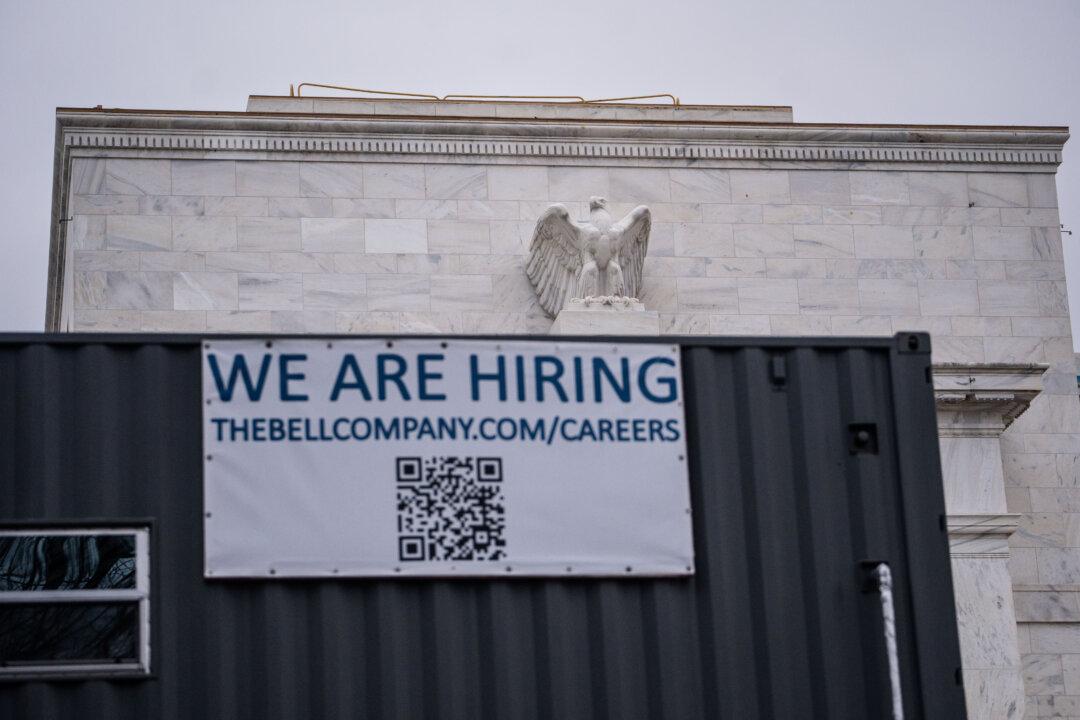Commentary
The Fed is meeting and will make their policy pronouncement this week. In the meantime, European Central Bank (ECB) officials are hinting that more ECB interest rate cuts are coming, and the Bank of Canada should also be cutting key interest rates at its next meeting. This will put more pressure on the Fed to cut rates. The wild card in the global interest rate collapse is China, since currency devaluation rumors persist there, as China’s rates have collapsed and can’t go much lower.





